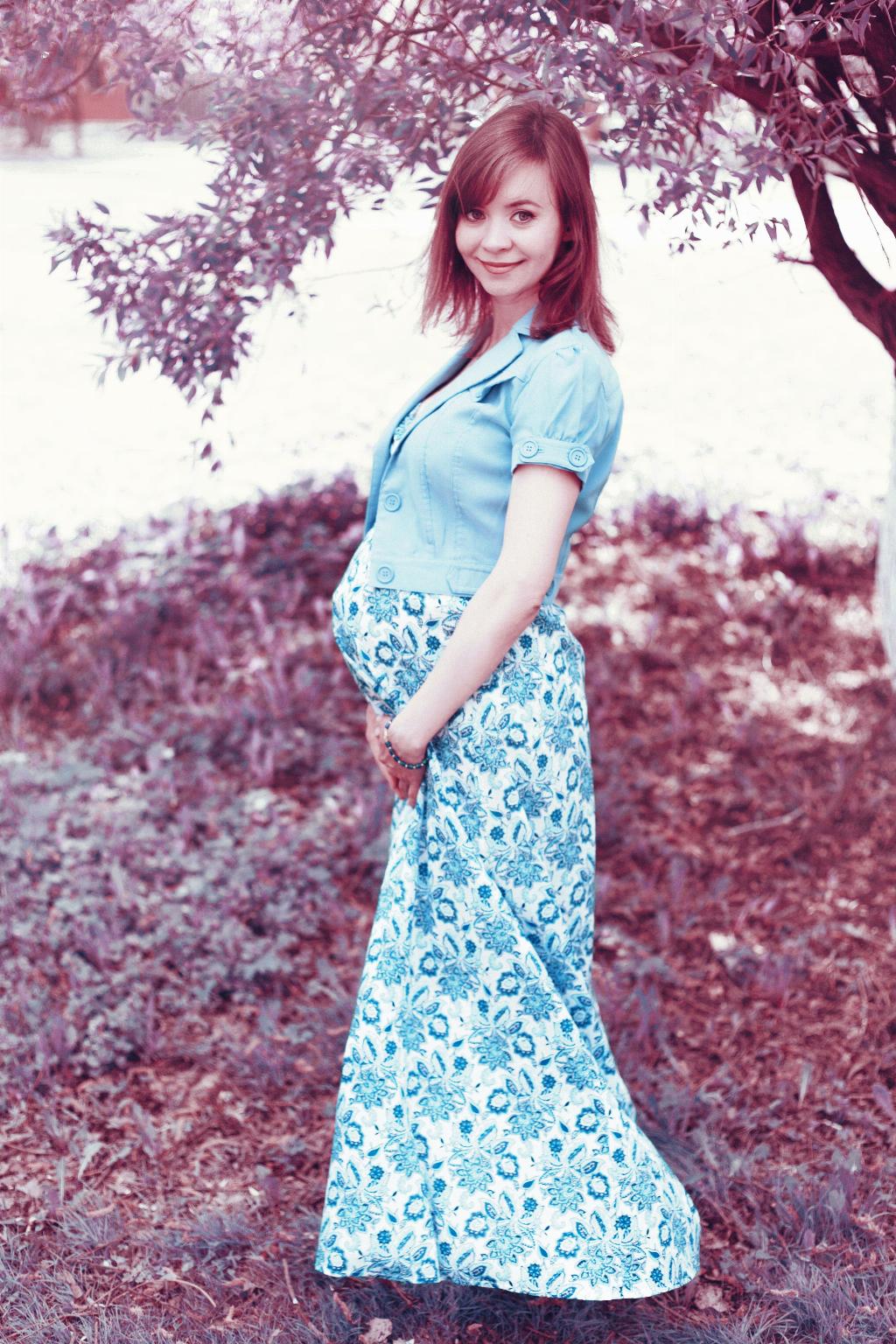When it comes to the question of whether it is safe to take Adderall in the second trimester of pregnancy, a careful consideration of the risks and potential impact on both the mother and the developing fetus is essential. Adderall, a medication commonly prescribed for attention deficit hyperactivity disorder (ADHD), contains amphetamine and dextroamphetamine salts which can have significant effects on the body, especially during pregnancy.
During pregnancy, the second trimester is often considered a period of relative stability and lower risk compared to the first trimester which is crucial for organ development and the third trimester where the fetus undergoes significant growth. However, taking Adderall during the second trimester is not without potential risks and implications for the mother and the baby.
One of the key concerns associated with taking Adderall during pregnancy, including the second trimester, is the increased risk of premature birth. Premature birth can lead to a range of health complications for the newborn, including respiratory issues, feeding difficulties, and developmental delays. The use of Adderall during pregnancy has been linked to a higher likelihood of delivering prematurely.
Additionally, women who take Adderall during the second trimester may also be at risk of having a baby with low birth weight. Babies born with low birth weight are more susceptible to health problems both in the short term and throughout their lives, including developmental delays, cognitive impairments, and chronic conditions such as diabetes and heart disease.
Another significant concern related to taking Adderall during pregnancy is the potential for neonatal withdrawal symptoms in the newborn. If a baby has been exposed to Adderall in utero and becomes physically dependent on the drug, they may experience withdrawal symptoms after birth which can be distressing and require medical intervention to manage.
Furthermore, some studies suggest that the use of Adderall during pregnancy can impact fetal blood flow, potentially affecting the oxygen and nutrient supply to the developing baby. Adequate blood flow is crucial for the healthy development of the fetus, and any disruptions in circulation can have lasting repercussions on the baby’s growth and well-being.
Considering these risks and potential complications, it is important for pregnant women to discuss the use of Adderall with their healthcare providers, especially during the second trimester. While the decision to continue or discontinue Adderall usage during pregnancy is a complex and individualized one, weighing the potential benefits of the medication against the known risks is essential for the health and safety of both the mother and the baby.
Healthcare providers may recommend alternative treatments or strategies to manage ADHD symptoms during pregnancy that carry less risk to the developing fetus. It is crucial for pregnant women to be open and honest with their healthcare providers about their medical history, including any preexisting conditions or medications they are currently taking, to receive personalized and comprehensive care.
In conclusion, while there may be situations where the benefits of taking Adderall during the second trimester of pregnancy outweigh the potential risks, it is crucial for pregnant women to make an informed decision in consultation with their healthcare providers. Understanding the implications of using Adderall during pregnancy and considering the well-being of both the mother and the developing baby are paramount in ensuring a healthy pregnancy and successful childbirth.

